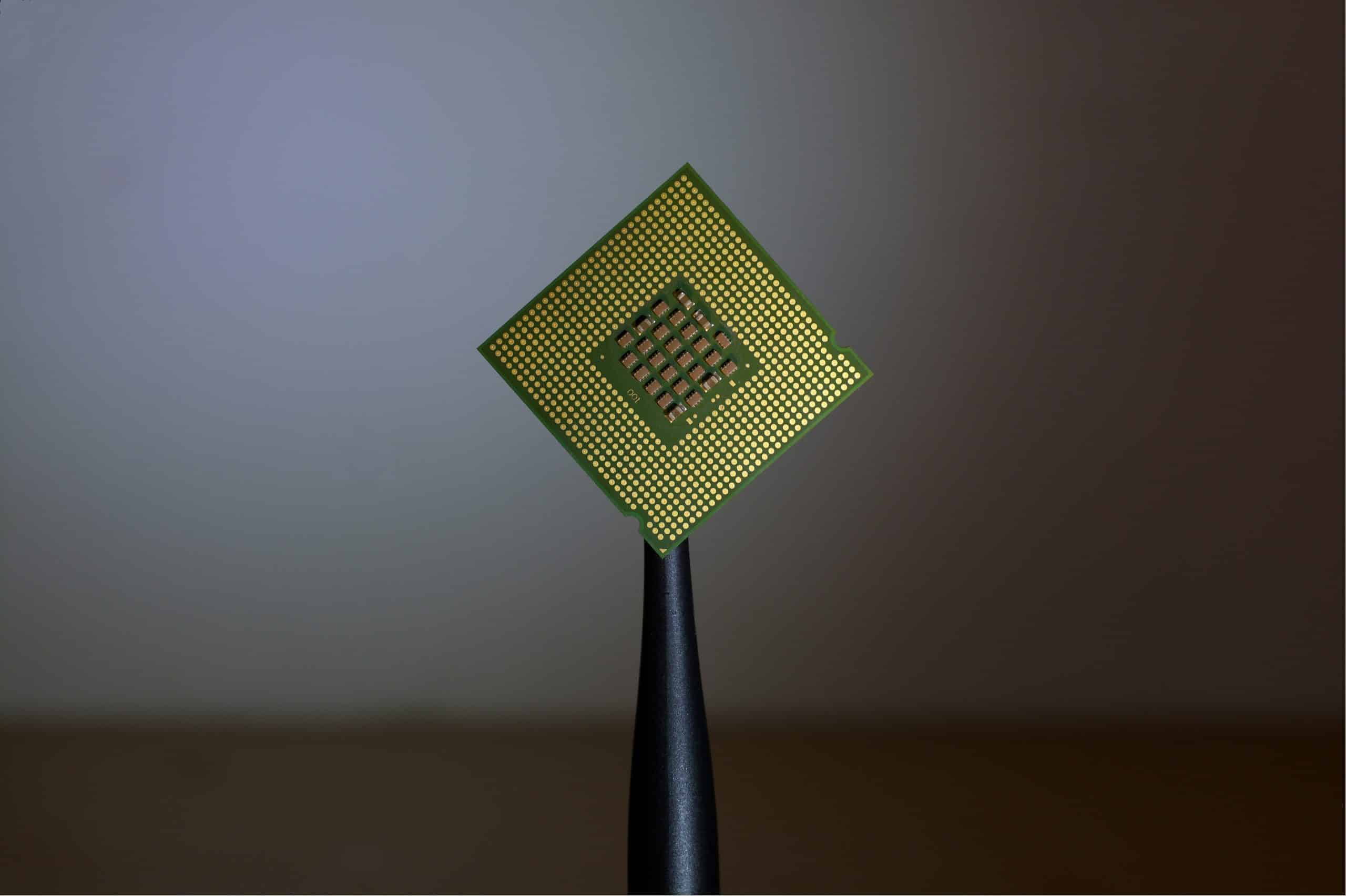
Love it or loathe it, Artificial Intelligence (AI) is here to stay – and it’s getting harder to ignore. From how we generate and consume content to how industries operate and innovate, AI is reshaping the world around us. It’s making waves across sectors from media to science, transforming not just the headlines, but the way we live and work.
Each month, our ‘AI Digest’ breaks down the biggest stories in AI, exploring their broader impact on brands, industries, and everyday life.
World Trade Report sees AI potential
Starting with the positive, the latest edition of the World Trade Report reveals, with the right enabling policies, artificial intelligence (AI) could boost the value of cross-border flows of goods and services by nearly 40 per cent by 2040. This is thanks to productivity gains and lower trade costs.
However, the flagship publication by the WTO Secretariat notes that for AI and trade to contribute to inclusive growth—with benefits shared widely—policies need to be in place to bridge the digital divide, invest in workforce skills and maintain an open and predictable trading environment.
With US tariffs currently putting pressure on international trade flows, this is a welcome note of optimism.
“AI has vast potential to lower trade costs and boost productivity. However, access to AI technologies and the capacity to participate in digital trade remains highly uneven,” WTO Director-General Ngozi Okonjo-Iweala says in her foreword to the report. “With the right mix of trade, investment and complementary policies, AI can create new growth opportunities in all economies. With the right frameworks, trade can play a central role in making AI work for all.”
Safety measures
While the creators of AI tools have been calling for reduced legal safeguards in order to create more effective applications, California governor Gavin Newsom has taken the opposite tack. Earlier this month, he signed a law that aims to prevent people from using powerful models for potentially catastrophic activities like building a bioweapon or shutting down a bank system – which seems like a good idea.
The move comes as Newsom touted California as a leader in AI regulation and criticised the inaction at the federal level.
“California has proven that we can establish regulations to protect our communities while also ensuring that the growing AI industry continues to thrive. This legislation strikes that balance,” Newsom said in a statement.
Circular economy
Still with the United States, and tech giant Nvidia has said it will invest up to $100 billion (£73 billion) in ChatGPT creator OpenAI. Nvidia said it will supply high-performance chips needed for the processing power required by AI, of which OpenAI is a specialist. Described as a “strategic partnership” by Nvidia, it is the latest move by two high-profile tech firms in the global AI race, where China is an emerging rival.
The deal will see OpenAI buy 4-5 million AI chips from Nvidia, a move branded by others as “incestuous”. “It makes today’s AI-driven stock market rally increasingly dependent on the intertwined fortunes of the world’s most valuable firm and America’s biggest private tech firm,” argued the Economist.
Others raised concerns about the “circular” logic of the deal – and only time will tell if the increasingly substantial bets on the technology and infrastructure behind AI will pay off.
Start of something bigger?
Of course, while we discuss the potential of AI to transform the lives of millions, potential pitfalls have also been cited over the past couple of years. Not least among them is the risk of wholesale job losses across the economy as routine tasks are automated by robotic assistants.
Some evidence for this concern was seen this month, with Accenture announcing job cuts and confirming employees would be asked to leave if they could not be retrained for the age of artificial intelligence. “We are exiting on a compressed timeline people where reskilling, based on our experience, is not a viable path for the skills we need,” chief executive Julie Sweet told the Financial Times in a conference call.
Hiding behind the corporate jargon is a real risk for employees who are not able—or are unwilling—to work with new AI tools.
At the same time, German flag-carrier Lufthansa has confirmed it will to cut 4,000 jobs by the end of the decade, as part of a strategic plan to consolidate operations and increase efficiency. The group intends to integrate its five network airlines—Lufthansa, Swiss, Austrian, Brussels Airlines and ITA—more closely, adjusting their organisational structure.
Ahead of an earnings call, the group said this will lead to “significant changes” in processes, particularly as a result of digitisation and the increasing use of artificial intelligence.
“This will clarify responsibilities, promote collaboration and speed up decision-making processes,” a release states. Group-wide control of its overall network, including short- and medium-haul services, will increase productivity and efficiency, it adds.